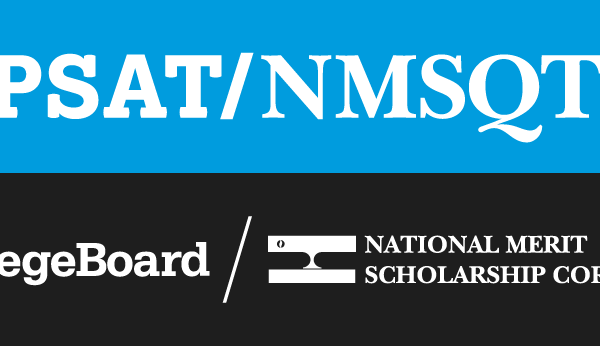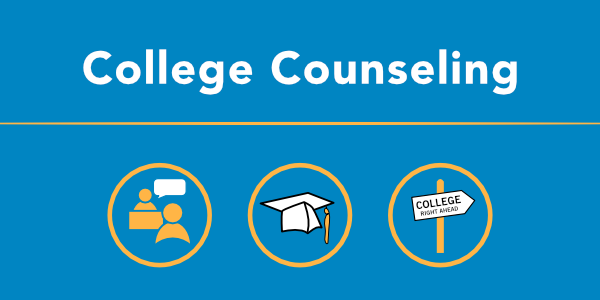As they start high school, students do not need to explicitly prepare for college. They don’t need to follow a set list of courses and activities to conform to “what colleges want.” Colleges want students who have real interests and pursue those interests. They want students who take challenging courses, not an overwhelming, impossible schedule. They want students who have a sense of who they are, not students who merely go through the motions. While students do not have to match a rigid checklist, they should begin to experiment with what interests them, what they are passionate about. But while students needn’t concern themselves with obsessing over SAT preparation from the moment they begin high school or start their college essays before winter break of their first year of high school, there are things that students can do that will prepare them to apply for college when the moment arrives. Conveniently, these steps will also help students learn more about themselves and their interests.
So, what can 9th and 10th graders do to get ready for college admissions without going crazy?
Explore interests.
Students and parents often wonder what colleges want to see in applicants. The truth is that colleges want to see applicants for who they are. What do students enjoy learning about? What do they enjoy doing in their spare time? What makes them tick? In order to answer these questions that colleges want answers to, students must first find out for themselves. That’s why students starting their high school careers should explore courses and extracurricular activities to get a sense of what interests them. If students find that they love studying foreign languages, students can plan to take more courses and build to taking the most challenging courses. If a student finds he loves math, he can branch out into physics. Students should, of course, take the classes that are required for graduation, but often those classes are a bare minimum. By examining their academic interests at the start of high school, they can take courses that will both interest them and challenge them. That is what colleges want, and that is how learning works.
Similarly, students should explore the array of extracurricular activities available to them to figure out what interests them. Students should experiment with different activities at the start of high school, not because they are going to continue with eight different extracurricular activities to pad their resumes and try to prove something to college admissions officers, but rather so that students can then decide which activities they want to continue and pursue in greater depth. While this is not college preparation in the traditional sense of the word, academics and extracurriculars—what type of student and what type of person an applicant is—are crucial elements of the college application. By being true to their own interests, rather than doing what they think colleges want to see, students will automatically strengthen their applications without trying too hard.
Take courses will be challenging.
Students should take classes that will push them to learn and think differently, but that doesn’t mean packing their schedules with courses that are too difficult for them to handle or setting unreasonably high expectations. Students should consult their guidance counselors to plot out a course plan that will allow students to both pursue their interests and encourage them to learn more.
Read widely, read often.
Reading is tremendously important. Just by doing it, students can prepare for the standardized tests they will face down the road, become more successful in their classes, help them become better writers and thinkers, and prepare for higher education, all while doing something entertaining and enjoyable. By reading quality books and magazines, students will be preparing for college without explicitly focusing on doing so. The more students read, the better prepared they will be to apply to college (not to mention attend it).
Build good relationships with teachers.
Yes, it is important to build good relationships with teachers so that they can write recommendations when the time comes. But beyond recommendations, teachers can help students learn more about their interests and open them to new ways of thinking. Teachers want their students to succeed and are delighted when students take interest in their classes. Students can demonstrate interest in their courses, ask questions and seek teacher input on how to learn more. Teachers of subjects that students are especially interested in can give students ideas about how to pursue those interests outside of the classroom.
In a hyper-competitive college admissions environment it is too easy for students to become concerned with grades to the point of ignoring the learning component of high school. Just as learning is important for high school, the point of college is not to be admitted to the most well-known college, but rather to find a school that will challenge students personally and intellectually. Students can learn to embrace these challenges in high school, and teachers are more than willing to help.




